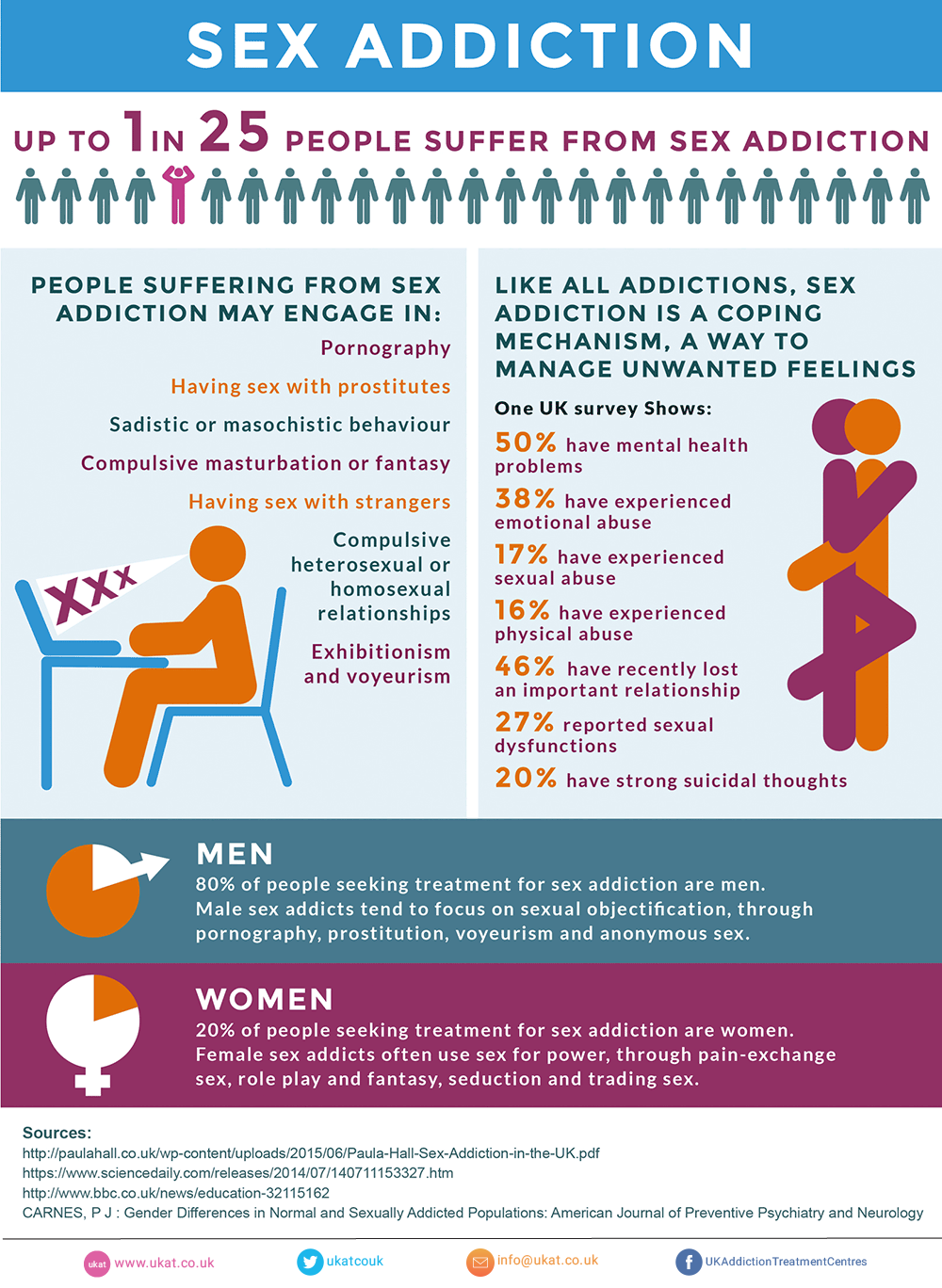It can't be treated, but it can be managed with treatment. Other examples of chronic diseases consist of asthma, diabetes, and heart illness. It is vital that treatment at the same time attends to any co-occurring neurological or psychological disorders that are understood to drive susceptible individuals to try out drugs and end up being addicted in the very first place.
3 Research studies published in top-tier publications like The New England Journal of Medicine support the position that addiction is a brain disease. 4 A disease is a condition that alters the method an organ functions. Dependency does this to the brain, changing the brain on a physiological level. It actually alters the method the brain works, rewiring its basic structure.

Although there is no remedy for dependency, there are numerous evidence-based treatments that work at managing the illness. Like all persistent diseases, dependency needs ongoing management that may consist of medication, treatment, and lifestyle change. Once in recovery from substance use condition, a person can go on to live a healthy and effective life.
The human brain is wired to reward us when we do something pleasurable. how to help someone with drug addiction. Working out, consuming, and other enjoyable Mental Health Delray behaviors straight connected to our health and survival trigger the release of a neurotransmitter called dopamine. This not only makes us feel good, however it motivates us to keep doing what we're doing.
How Does Drug Addiction Occur Fundamentals Explained
5 Drugs activate that same part of the brainthe reward system. But they do it to an extreme level, rewiring the brain in hazardous methods. When someone takes a drug, their brain releases severe amounts of dopamineway more than gets released as a result of a natural pleasant behavior. The brain overreacts, minimizing dopamine production in an attempt to stabilize these sudden, sky-high levels the drugs have created.
How the Brain Responds to Natural Benefits & Drugs (NIDA) Studies have revealed that consistent drug use seriously restricts an individual's capacity to feel enjoyment. at all. 6 Gradually, substance abuse leads to much smaller releases of dopamine. That implies the brain's benefit center is less responsive to enjoyment and pleasure, both from drugs, as well as from every day sources, like relationships or activities that an individual once delighted in. what is drug addiction characterized by.
7 Withdrawal happens when a person who's addicted to a substance stops taking it totally: either in an effort to quit cold turkey, or because they don't have access to the drug. Somebody in withdrawal feels definitely awful: depressed, despondent, and physically ill. Brain imaging research studies from drug-addicted individuals reveal physical, measurable changes in areas of the brain that are important to judgment, decision making, learning Browse this site and memory, and habits control.
8 An appealing trainee may see his grades slip. A bubbly social butterfly might unexpectedly have difficulty rising. A reliable brother or sister may begin stealing or lying. Behavioral modifications are straight connected to the drug user's altering brain. Yearnings take control of. These yearnings are painful, continuous, and distracting.
Which Is A Recovery Program For People With A Drug Addiction? Fundamentals Explained

Particularly given the intensity of withdrawal symptoms, the body wishes to prevent being in withdrawal at all expenses. "We need to tell our children that one drink or one tablet can result in a dependency. A few of us have the genes that increase our risk of dependency, even after just a few usages.
But at some time throughout use, a switch gets turned within the brain and the choice to use is no longer voluntary. As the Director of the National Institute on Drug Abuse puts it, it's as if an addicted individual's brains has actually been hijacked. Anyone who attempts a substance can become addicted, and research reveals that the bulk of Americans are at danger of developing addiction.
What's more, 42% of 1718 year olds report that they've attempted illicit drugs. 10 After preliminary exposure, nobody selects how their brain will react to drugs or alcohol. So why do some people establish addiction, while others don't? The current science points to 3 primary elements. Scientific research study has actually shown that 5075% of the likelihood that a person will develop addiction comes from genetics, or a family history of the illness.
Research study shows that maturing in an environment with older grownups who utilize drugs or participate in criminal behavior is a threat factor for dependency. Protective elements like a stable house environment and supportive school are all proven to reduce the threat. Dependency can develop at any age. But research reveals that the earlier in life a person tries drugs, the more most likely that person is to establish dependency.
The Basic Principles Of How Much Does Drug Addiction Cost America
Presenting drugs to the brain throughout this time of growth and modification can trigger severe, long-lasting damage. Dependency is not a choice. It's not an ethical stopping working, or a character defect, or something that "bad people" do. The majority of researchers and experts concur that it's a health problem that is caused by biology, environment, and other elements.
A person can't reverse the damage drugs have actually done to their https://storeboard.com/blogs/general/the-what-happens-after-addiction-treatment-pdfs/4510691 brain through sheer determination. Like other persistent illnesses, such as asthma or type 2 diabetes, ongoing management of dependency is required for long-term recovery. This can consist of medication, behavioral therapy, peer-support, and lifestyle modifications.
This feature short article on neuroscientist Marc Lewis and his brand-new book discusses his theory that callenges the modern-day concensus on drug dependence as a brain disease, arguing that in "in reality it is a complex cultural, social, psychological and biological phenomenon" as NDARC Teacher Alison Ritter describes. For a very long time, Marc Lewis felt a body blow of shame whenever he bore in mind that night.
Lewis was dropped half-naked in a bath tub. "We were simply discussing what to do with the body." Lewis was at just the beginning of his odyssey into opiates. After this overdose, he dropped out of university and didn't get his studies for another 9 years. At the next effort, he was standing out at medical psychology when he made the front page of the regional paper.
Rumored Buzz on How Does Classical Conditioning Help Explain Drug Addiction
That was negligent; he 'd been effectively managing 3 or four break-ins a week. That was 34 years earlier. Now 64, Professor Marc Lewis is a developmental neuroscientist, based at the Radboud University in Nijmegen in the Netherlands. He details his early exploits in 2011's Memoirs of an Addicted Brain, with the sort of thrilling information that should offer you some sort of biochemical action.
The common theory in the United States, and to some degree in Australia, is that addiction is a persistent brain disease a progressive, incurable condition that can be kept at bay only by fearful abstaining (why is drug addiction considered a disease). There are variations of this disease design, one of which ended up being the basis of 12-step recovery and the touchstone of the huge majority of rehabilitation programs.
It can appropriately be unlearned by forging more powerful synaptic paths through much better practices. The implication for the $35 billion-dollar treatment market in the US is that dealing with dependency as a medical issue need to be just a little aspect of a more holistic technique. The problem is, there's a lot of vested interest and financial investment in perpetuating the illness model.